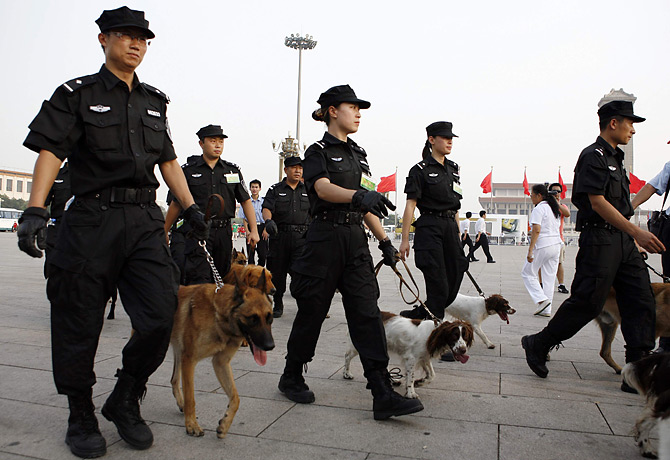Differentiation of access rights Kohana 3.3

A user authorization module is built into Kokhan. The database already has a table with roles. But having rummaged around the Internet spaces, I never found how convenient it is to make the distinction of access rights. Therefore, I offer you my solution to this problem.
Let's start
I inherit all controllers from one common Common.php. I prescribe the basic settings of the project in it: connect css, js, headers, content, download all configs, etc. Depending on what you need from the project.
To begin, we declare everything that is useful to us in other controllers.
<?php defined('SYSPATH') or die('No direct script access.'); class Controller_Common extends Controller_Template { public $sys_mes, $auth, $session, $user, $class_id; public $user_roles = array(); public $security = array(); public $template = 'v_common'; public $layout = 'v_column_12'; public $css = array('bootstrap.min', 'style'); public $js = array('jquery-2.0.0.min', 'bootstrap.min'); public $configs = array('order_control', 'payment_method'); } ')
Next, we write a function that works before the controller loads any page. Below are described only those settings that we need. The list of roles can be recorded in the session.
The function that makes the delineation is _check_permission ()
public function before() { parent::before(); # $this->auth = Auth::instance(); $this->session = Session::instance(); $this->class_id = Get_class($this); # if($this->auth->logged_in()) { # $this->user = $this->auth->get_user(); # $this->user_roles = Model::factory('User')->user_roles($this->user->id); } # $this->_check_permission(); # foreach($this->configs as $config) { $this->template->set_global($config, Kohana::$config->load($config)->as_array()); } } Model for a list of roles. It's all clear.
class Model_User extends Model_Auth_User { public function user_roles($user_id) { $result = array(); $db = DB::select(array('roles.name', 'name')); # SELECT -> ROLES_USERS $db->from('roles_users'); $db->where('roles_users.user_id', '=', $user_id); # SELECT -> ROLES $db->join('roles'); $db->on('roles.id', '=', 'roles_users.role_id'); $roles = $db->execute()->as_array(); foreach($roles as $role) { array_push($result, $role['name']); } } The function itself, which delimits access. Regardless of the controller directory, it will still work as it should.
private function _check_permission() { $check_permission = FALSE; $config_security = Kohana::$config->load('security')->as_array(); $action = Request::current()->action(); if(isset($config_security[$this->class_id][$action])) { foreach($config_security[$this->class_id][$action] as $users_role) if(in_array($users_role, $this->user_roles) || in_array($users_role, array('public'))) $check_permission = TRUE; } if(isset($config_security[$this->class_id]['all_actions'])) { foreach($config_security[$this->class_id]['all_actions'] as $users_role) if(in_array($users_role, $this->user_roles)) $check_permission = TRUE; } if($check_permission != TRUE) exit('Access deny - 403 '); } The config is here application / config / security.php
In it, we write permission to access the action, otherwise get 403.
<?php defined('SYSPATH') or die('No direct script access.'); return array( # Order 'Controller_Orders' => array( 'index' => array('root', 'manager', 'admin'), 'by_organization' => array('root'), 'add' => array('admin', 'manager'), 'edit' => array('admin', 'manager'), # Auth 'Controller_Auth' => array( 'all_actions' => array('login'), 'login' => array('public'), ), # Organization 'Controller_Organization' => array( 'all_actions' => array('root'), ), ); Controller_Orders - the name of the controller.
index - an action that works (if you want to open access for all, then we write 'all_actions')
array ('admin', 'manager') - a list of roles that are allowed access.
It is interesting to know your opinion about this method of solving the problem.
Source: https://habr.com/ru/post/181408/
All Articles